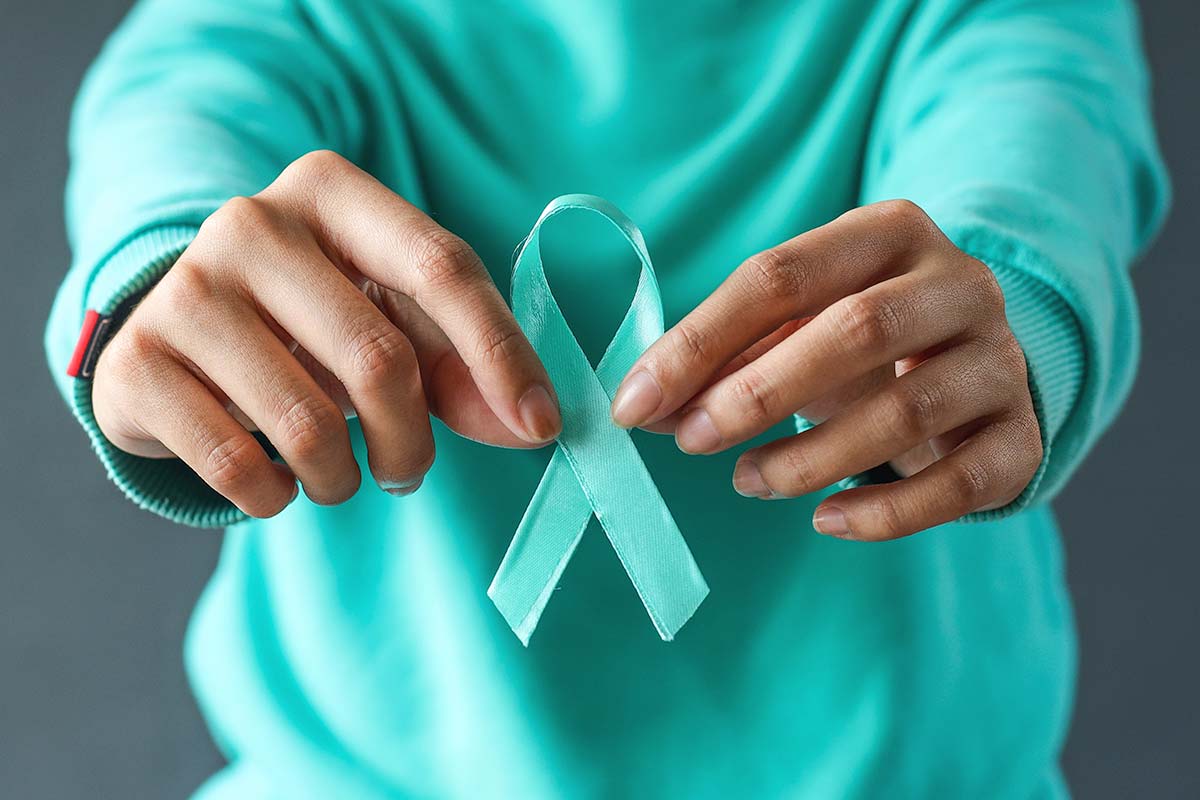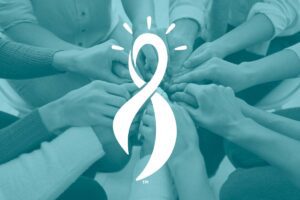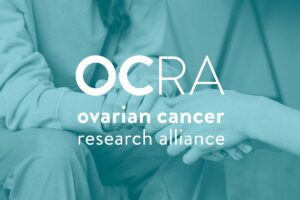Aside from effective treatment, a strong support system is one of the most essential things needed to fight, heal, and stay positive throughout your ovarian cancer battle. That’s not limited to only friends and family–it encompasses all the support networks and resources available to patients, survivors, and caregivers.
Here, we’ve compiled a list of some of the most active and reputable organizations working on behalf of ovarian cancer patients. They provide invaluable resources you can use to navigate this new “normal,” and they do fantastic work in our communities to advance research and awareness of ovarian cancer.
National Ovarian Cancer Coalition (NOCC)
Ovarian.org
Established in 1991, NOCC is committed to saving lives through ovarian cancer prevention and cure. They provide support for survivors and caregivers and advance ovarian cancer research. NOCC aims to educate communities about ovarian cancer symptoms and enhance awareness nationwide.
Ovarian Cancer Research Alliance (OCRA)
OCRAhope.org
As the largest global organization dedicated to fighting ovarian cancer, OCRA focuses on research, patient support, and advocacy. They invest in innovative research, provide support programs, and advocate for ovarian cancer awareness and resources on Capitol Hill.
American Cancer Society (ACS)
Cancer.org
ACS strives to free the world from cancer by funding research, providing expert information, supporting cancer patients, and promoting prevention. They are a vital resource for comprehensive cancer-related guidance and support.
Patient Advocate Foundation (PAF)
PatientAdvocate.org
PAF case managers assist individuals with chronic conditions in resolving issues related to their diagnosis with insurers, employers, and creditors. They provide invaluable support for navigating the complexities of healthcare.
American College of Obstetricians And Gynecologists (ACOG)
ACOG.org
Dating back to 1951, ACOG is the premier professional organization for obstetricians and gynecologists. They offer practice guidelines and educational materials and advocate for women’s health, contributing to improving patient care and healthcare policies.
SHARE: Breast and Ovarian Cancer Support
SHAREcancersupport.org
SHARE, a national nonprofit, empowers women affected by breast, ovarian, uterine, or metastatic breast cancer. They focus on creating a supportive community through survivor connections, ensuring that no one faces these challenges alone.
Bright Pink
BrightPink.org
Bright Pink is dedicated to saving lives from breast and ovarian cancer by empowering women to understand their risks and manage their health proactively. They provide education for both healthcare providers and patients.
Society of Gynecologic Nurse Oncologists (SGNO)
SGNO.org
SGNO, a society of registered nurses and associates, focuses on advancing patient care, education, and research in gynecologic oncology and women’s healthcare. They provide a platform for nurses to stay updated on the latest advancements.
CancerCare
CancerCare.org
CancerCare offers free professional support services and information to help individuals manage the emotional, practical, and financial challenges of cancer.
Cancer Support Community
CancerSupportCommunity.org
Committed to ensuring that “no one faces cancer alone,” the Cancer Support Community provides global support services. They conduct research and advocate for cancer patients to make their voices heard.
The Clearity Foundation
ClearityFoundation.org
The Clearity Foundation offers the latest information on treatment options, comprehensive tests, and clinical studies. They host an online community to provide information and support for women with ovarian cancer.
FORCE: Facing Our Risk of Cancer Empowered
FacingOurRisk.org
FORCE aims to improve the lives of those affected by hereditary breast, ovarian, and related cancers. They empower individuals with knowledge through information on clinical studies, research findings, and research advocates.
Foundation for Women’s Cancer
FoundationForWomensCancer.org
This foundation brings together advocates, patients, caregivers, partners, and the healthcare team to eradicate or lessen the impact of gynecologic cancer through research, education, and public awareness.





